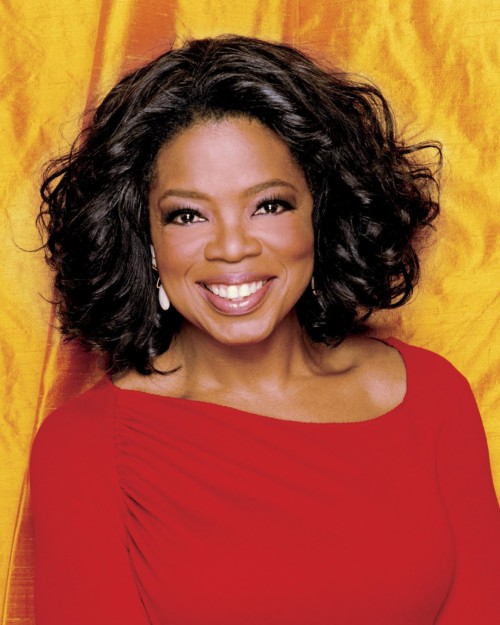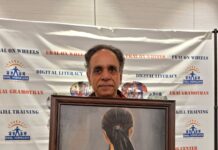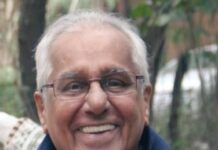By Upendra Mishra
Oprah Winfrey is the wealthiest woman in the entertainment industry and the first African-American woman billionaire, media mogul, entertainment queen, a serial entrepreneur, and most importantly one of the world’s greatest philanthropists today.

That is not how Oprah started her life, however. She was born to an unmarried teenage mother in deep South, endured poverty, was molested in her childhood and became pregnant at age 14. Her son died in child birth.
How did she turn around her life against all odds? What is her way of life and values she lives by and what we can learn from her?
In 2008, I was sitting in a client’s office in Boston and was flipping through a magazine and landed on a page where Oprah had looked back and had come up with her all-time top 20. I liked it so much that I tore off that part of the page, put in my briefcase and brought home and read it several times. Finally, I pinned it at my home office. In the last 10 years, I had pinned many such clips and had forgotten about Oprah’s top 20.
Recently, I came across an article in Harvard Business School’s Working Knowledge about a case study on “Black Business Leaders Series: Oprah’s Path to Authentic Leadership.” That article reminded me of Oprah’s Top 20 I had read 10 years ago. I went down to office and found that. That page was still hanging there. Here are Oprah’s Top 20:

- What you put out comes back all the time, no matter what. (This is my creed.)
- You define your own life. Don’t let other people write your script.
- Whatever someone did to you in the past has no power over the present. Only you give it power.
- When people show you who they are, believe them the first time. (A lesson from Maya Angelou.)
- Worrying is wasted time. Use the same energy for doing something about whatever worries you.
- What you believe has more power than what you dream or wish or hope for. You become what you believe.
- If the only prayer you ever say is thank you, that will be enough. (From the German theologian and humanist Meister Eckhart.)
- The happiness you feel is in direct proportion to the love you give.
- Failure is a signpost to turn you in another direction.
- If you make a choice that goes against what everyone else thinks, the world will not fall apart.
- Trust your instincts. Intuition doesn’t lie.
- Love yourself and then learn to extend that love to others in every encounter.
- Let passion drive your profession.
- Find a way to get paid for doing what you love. Then every paycheck will be a bonus.
- Love doesn’t hurt. It feels really good.
- Every day brings a chance to start over.
- Being a mother is the hardest job on earth. Women everywhere must declare it so.
- Doubt means don’t. Don’t move. Don’t answer. Don’t rush forward.
- When you don’t know what to do, get still. The answer will come.
- “Trouble don’t last always.” (A line from a Negro spiritual, which calls to mind another favorite: This, too, shall pass.)

Coming back to Harvard Business School article, this is a great piece that truly teaches us wisdom of authentic leadership and Oprah is a fantastic case study. In this piece, Professor Bill George traces Oprah’s “growth from childhood, focusing on how and when she discovered her true voice and how that authenticity spurred her career success.”
Prof. George says that at age 36, Oprah said, “I can be who I am,” and her message from that time forward on her show was, “You are solely responsible for your life, and you don’t have to live your life to please others.”
He points out that Oprah’s weakness, which influenced her, even decades later, was that she felt she had to be a pleaser rather than being her own person.
“I think those that actually have a deeper experience become more real and no longer feel they have to put on a mask to please the world. They can be their own person and be accepted as an authentic person,” says Prof. George. “This way of looking at life is core to my whole thought of authentic leadership. How can you behave as an authentic leader, be who you are, and not try to emulate Jack Welch or Oprah Winfrey or anyone else? Just be yourself and that’s good enough. You don’t have to fake it to make it.”
Added Prof. George: “Oprah recognized her vulnerabilities and I think that enabled her to become a great leader because in a sense, vulnerability is power. She was no longer afraid of hiding these things. She’s been very, very public about what happened to her, and I think that’s been one of her great sources of strength that appeals to so many people.”
Click here to read to whole Harvard Business School article on Oprah.















